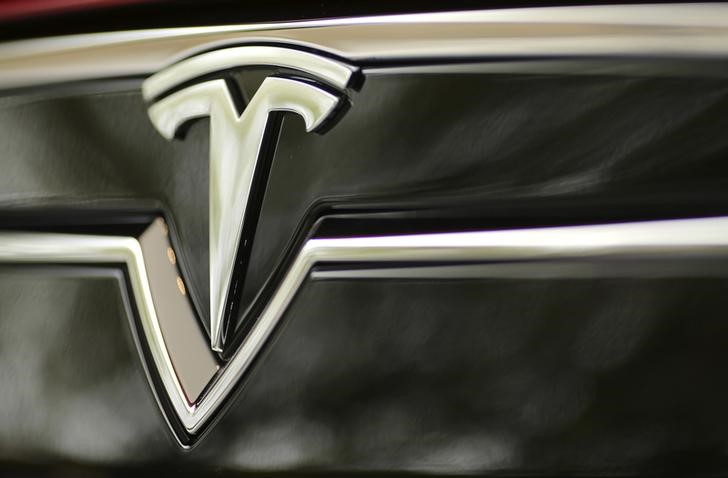Tesla’s (NASDAQ:TSLA) participated in a new reliability study by the Allgemeiner Deutscher Automobil-Club (ADAC) in Germany where their electric Model 3 crushed its internal combustion engine (ICE) counterparts.
It should come as no surprise that electric vehicles (EVs) are generally more reliable than their fossil-fuel-powered counterparts, given their remarkable mechanical simplicity. The superiority of EVs in terms of reliability has been emphasized in a recent study conducted by the ADAC, a German vehicle analysis firm. The study found that the Tesla Model 3 outperforms a large majority of gas-powered vehicles, further solidifying the reliability advantage of electric cars.
The ADAC study is an annual analysis that primarily examines vehicles that are older than three years. The group’s latest study encompassed four electric vehicles available in the German market: the Tesla Model 3, BMW (OTC:BMWYY) i3, Volkswagen (ETR:VOWG_p) ID.3, and Renault (EPA:RENA) Zoe. According to the findings from the ADAC's data, electric vehicles not only outperform their gasoline counterparts on average, but the Tesla Model 3 exhibits a significantly higher level of reliability compared to both gasoline vehicles and other electric cars.
The study found that only 1.1 out of 1,000 2020 model-year Tesla Model 3s broke down annually, which is, surprisingly, a slight increase from the 2019 Model 3, which only had 0.9 breakdowns per 1,000 units. Comparatively, the average gas vehicle had 6.9 breakdowns per 1,000 units, and the average EV had 4.9 breakdowns per 1,000 units.
Besides the Tesla, both the BMW i3 and VW ID.3 shined with a score of just 0.2 breakdowns per 1,000 units. However, as noted in the ADAC study, these vehicles may benefit from fewer units on the road, potentially skewing data.
Shares of TSLA are up 1.04% in afternoon trading on Tuesday.
